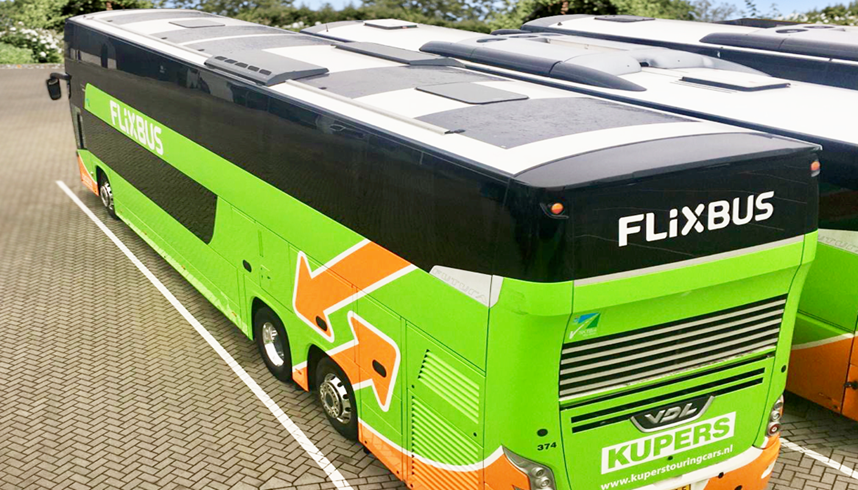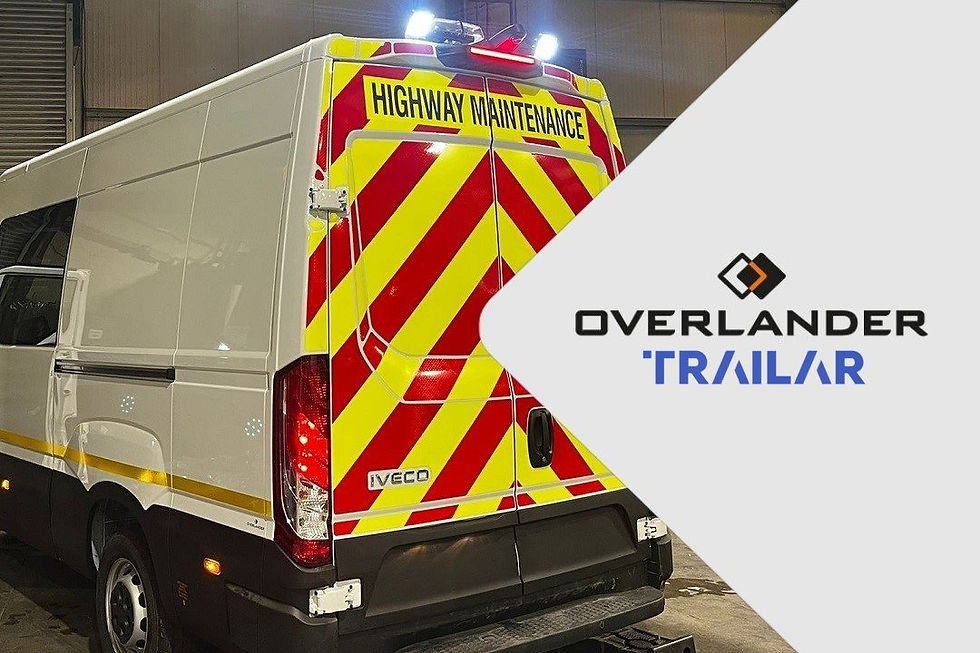CLEAN fleet go standard spec with TRAILAR!
- info951595
- Aug 4, 2021
- 3 min read
CLEAN has partnered with TRAILAR, fuel and emission reduction technology experts to reduce the CO2 emissions of its vehicle fleet. The system harnesses free, clean energy from the sun, to power electrical ancillary equipment including the tail-lifts that are in frequent use to load and off load laundry cages. Solar mats fitted to the rooves of the delivery vehicles have significantly reduced the need to create electrical energy by the burning of diesel fuel and are therefore, saving fuel, CO2 and maintenance costs. The adoption of the technology has resulted in a 5.5% reduction in fuel usage that equates to a 1,475kg CO2 saving per vehicle each year.
Trial provides impressive results
The operational profile of a CLEAN vehicle is one of high usage; the vehicle chosen for the trial operates 7 days a week and travels 90,000 km annually. The tail lift is used on average 48 times a day. After agreeing the fitting in October 2019, TRAILAR engineers travelled to CLEAN’s site in Slough and completed the application of the Version 2.0 rigid system in just 3 hours, causing no disruption to the operation. A year later, the CLEAN rigid vehicle saw a significant 5.5% fuel saving against its baseline prior to being fitted with solar technology. The TRAILAR system had saved 536 litres of fuel which equates to a 1,475 kg CO2 saving.
Reflecting upon the results Peter Cox, Head of Transport at CLEAN said “After our leasing partner Ryder and TRAILAR presented the technology, I was very keen to see what real world benefits it could bring to our operation, especially with a large proportion of our delivery and collection points being in urban environments.” he went on to say, “For the first time we have a piece of fuel saving technology that actively records and reports its own performance. The analytics information on running times, idling and overall performance, mean we can make decisions that directly benefits our operation as well as helping the environment.”
Adoption across the delivery fleet
The trial offered CLEAN the opportunity to gauge the positive impact of the technology in a live situation prior to finalising the specification with Ryder of a new fleet of rigid trucks. The technology is now part of CLEAN’s standard build for new vehicles entering the fleet. To date 19 further vehicles have been fitted with the technology: eighteen rigid systems, all DAF 12T to 18T vehicles, and one trailer system an Urban Artic with tail lift. Although usage of the new vehicles was lower than normal, they came into service during the coronavirus lockdown, during May and June 3.9T CO2 was saved. The expected annual CO2 saving from the vehicles currently fitted with the solar technology is 0.92T per vehicle, or 17.5T overall, which equates to a lifetime saving of 4.6T per vehicle or 87T overall. The CO2 savings don’t end there. Each new vehicle that comes into service is projected to save 1.14T CO2 annually. An extra 20% saving is expected to come from upgraded higher capacity 500W solar mats being installed in place of the previously used 405W models.
Peter Cox, Head of Transport at CLEAN concludes:
“The transport industry has been waiting for vehicle manufacturers to provide us with the capability to tackle our impact on the environment in a commercially viable way. Luckily for us TRAILAR have focused on the operators challenges and created a technology to bridge the gap the market is clearly missing. This is a commercially viable solution that tackles fleet emissions and drives operational improvements without the need of driver management. Reducing the environmental impact of a delivery fleet is more crucial now, than ever before, which is why we’ve now moved forward with TRAILAR being standard across all of our new vehicles procured through Ryder UK”.
To find out more about CLEAN and its environmental policies, please visit www.cleanservices.co.uk or follow their updates on LinkedIn https://www.linkedin.com/company/clean-linen-and-workwear/.





Comments